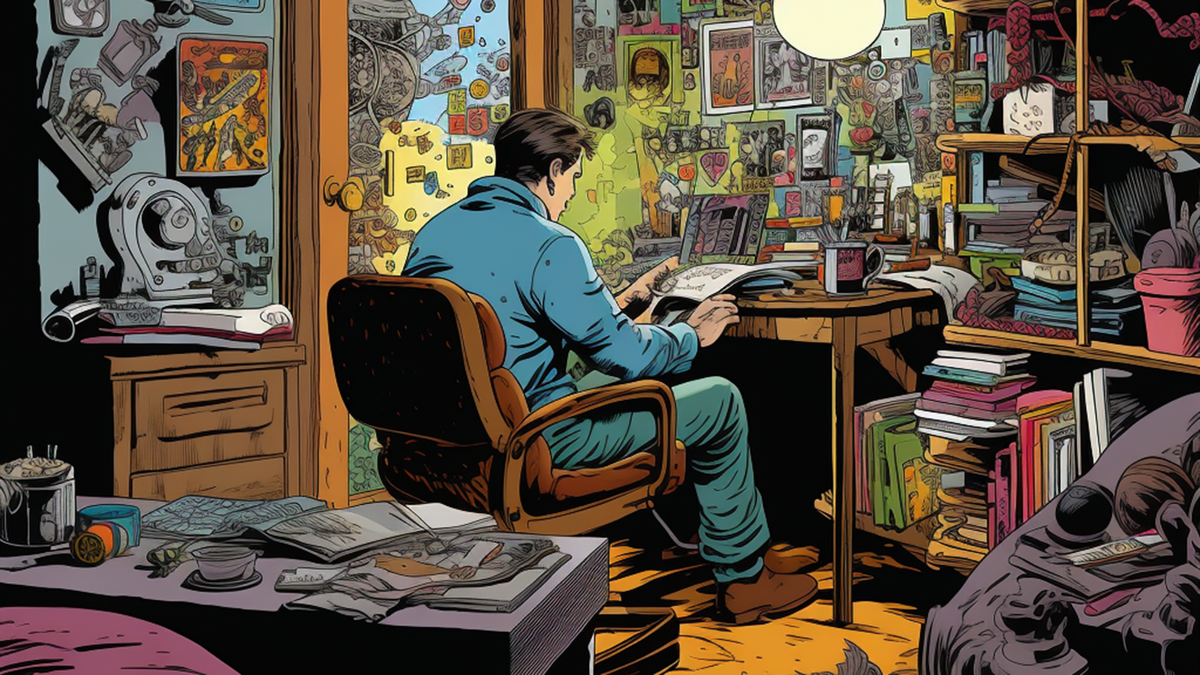Why do some people nail working at home and some don't?

Picture this: you log on for your morning video call with your team. Most of you are happy to accept that what's about to happen can be comfortably put in the "this will not be my best work" pile. But for some reason, there's always one person who seems to be reveling in the opportunity to be their best selves.
The guy or girl who has baked bread, exercised, educated their children to doctoral standards, and is now about to nail this conference call. Are they being smug? Probably, but there's also some psychological juju going on in the background, according to the BBC.
A "weak situation" 🤏
Home working is what Timothy Pychyl, associate psychology professor at Carleton University in Ontario calls a "weak situation". This is an environment with murky expectations about how you should behave. A conference call in your underwear? Sure. Eating lunch over the sink like a rat? Why not. No one is going to know.
In an office, a place Pychyl calls a "strong situation" there are norms around how you should behave, and when you should work. But wait, how does that explain why some people are killing the whole working at home thing?
Get yourself a slice of "high frustration tolerance" 🍕
Pychyl says that the home workers who do so well have what he calls a "high frustration tolerance", which is code for "they can deal with how rubbish video calling really is."
When regular joes get frustrated by being given a crappy task or are stumped by what's on their plate, they walk away. But for this tolerance kings, they double down. The good news is, you too can become a home-working whizz, says Pychyl.
- Define your workspace - Domain specificity is all about creating boundaries between where you eat, where you relax, and where you work. If you ensure you stick to the rules, you're less likely to break them and fall into a pit of despair.
- Micro transitions - the most productive workers know they don't have to be tethered to their desks in order to set boundaries. So in the real world, you commuted from work to home. That was your transition. Finding a way of fitting in a smaller version of that into your day could help you crush it during COVID.
- Practicing can make perfect – but you’ll only get better at telework if you actually find strategies to create boundaries and reel yourself in other ways. “Practice will help,” adds Pychyl, “but only if you have a strategy.”
